 It has been a great year for reading. I found it gratifying and a little surprising when I assembled the entire list of books that I consumed over the past 12 months. Formats ranged from paperback to hardback to Kindle to Audible. I’ve divided the 39 books into the four categories listed below.
It has been a great year for reading. I found it gratifying and a little surprising when I assembled the entire list of books that I consumed over the past 12 months. Formats ranged from paperback to hardback to Kindle to Audible. I’ve divided the 39 books into the four categories listed below.
- Novels
- Books about Writing Books
- History and Religion
- Still Reading
Each book cover links to Amazon for the publisher’s synopsis. I’ve added my own micro-commentary below each book, not to substitute for a longer synopsis, but simply to highlight what I found notable about each.
Novels
Books about Writing Books
History and Religion
Technically Maier’s book is a novel, but as a New Testament scholar his attention to historical detail was scrupulous. The story is well crafted but unsurprising. Maier’s unfortunately Pollyanna portrayal of the early church leaders yields predictably flat and boring character renditions. The pagans proved far more interesting, because they were real. |
My man, John Zande wrote a brilliantly satirical argument for the existence of god; except this god is infinitely evil. His inversion of the typical arguments for god makes for the darkest of humor, but it ably demonstrates just how specious the standard arguments raised by theists actually are. |
Anyone who thinks history is boring has never read Herodotus. Written a few centuries BCE, Herodotus recounts major events and characters from Greek culture while commenting on the accuracy of the sources and stories he has collected. Along the way, he illustrates just how superstitious and credulous our ancient ancestors were, and how little human nature has changed since. |
I read the Wars of the Jews as a research necessity for my own book project. It portrays the Palestine of Jesus’ day as a hotbed of radicalism and the ancient Jews as a people easily as comfortable with suicidal warfare as the Kamikaze or the Jihadi. I have probably never read a more gruesome tale than his account of the sacking of Jerusalem in 70 CE. |
The Martyrdom of Polycarp portrays a fantasy of blood relish consistent with the Jewish mindset described by Josephus. With dubious and miraculous levels of suffering, it is a work that reveals the depth of mental maladjustment in the early movement of Christianity. |
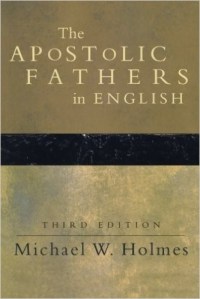
Continuing thematically from the prior two works, the collected letters and works of the early Apostolic Fathers show more of the same. The letters of Ignatius, in particular, reflect a depth of derangement and masochism we moderns would label psychotic. |
|
Richard Carrier’s mighty tome on the non-historicity of Jesus and Christ-myth theory packs a formidable punch. The more of Carrier I read, the more I suspect he may well be right: there never was a Jesus. Superb and detailed argument, but not for the casual reader. |
Thomas Paine was flat-out amazing. In an age before the evidences of modern archaeology, and well before the sciences of cosmology or evolutionary biology, he exploded the entire idea of Biblical historicity — using nothing save the Bible itself. His oracular observations have only been validated by hard evidences since. |
Myth in Human History was a good series of lectures, but they seemed somewhat weak on structure and organization. I will likely finish them one day, but for now I have laid them aside, somewhat out of boredom. |
Textual List of All Books:
- A Farewell to Arms, Ernest Hemingway
- The Great Gatsby, F. Scott Fitzgerald
- Oscar and Lucinda, Peter Carey
- The Children Act, Ian McEwan
- Amsterdam, Ian McEwan
- Saturnalia, Lindsey Davis
- Life of Pi, Yann Martel
- The Book Thief, Markus Zusak
- A Game of Thrones: A Song of Ice and Fire, Book 1, George R. R. Martin
- To Kill a Mocking Bird, Harper Lee
- American Gods, Neil Gaiman
- Lord Jim, Joseph Conrad
- SevenEves, Neal Stephenson
- Four, Veronica Roth
- The Brothers Karamazov, Fyodor Dostoyevsky
- The Girl on the Train, Paula Hawkins
- The Heart Goes Last, Margaret Atwood
- Cannery Row, John Steinbeck
- On Writing, Stephen King
- Bird by Bird, Anne Lamott
- Powerful Premise, William Bernhardt
- The Breakout Novelist, Donald Maass
- 20 Master Plots and How to Build Them, Ronald Tobias
- Writing Great Fiction: Storytelling Tips and Techniques, The Great Courses, James Hynes
- Flames of Rome, Paul L. Maier
- The Owner of All Infernal Names: An Introductory Treatise, John Zande
- The Histories, Herodotus (Partial Read)
- The Jewish War, Flavius Josephus
- The Martyrdom of Polycarp, J.B. Lightfoot
- The Apostolic Fathers in English, Holms
- On the Historicity of Jesus: Why We Might Have Reason for Doubt, Richard Carrier
- The Age of Reason, Thomas Paine
- Myth in Human History, The Great Courses, Grant L. Voth
- Ulysses, James Joyce (Still Reading)
- One Flew Over the Cuckoo’s Nest, Ken Kesey (Still Reading)
- Candide, Voltaire (Still Reading)
- Wool Omnibus, Hugh Howey (Still Reading)
- The Odyssey, Homer

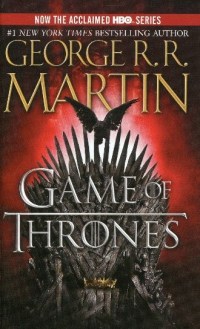
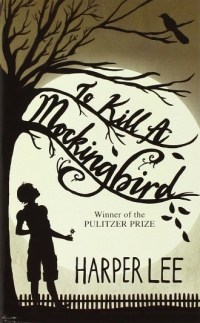
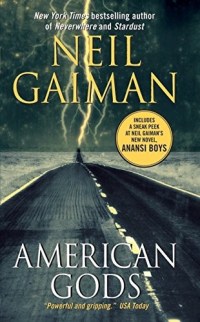
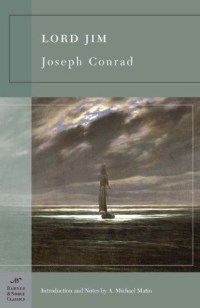
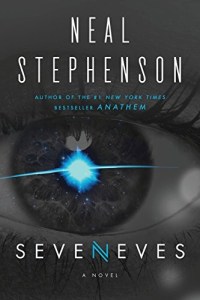
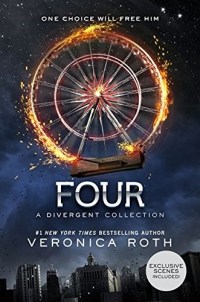
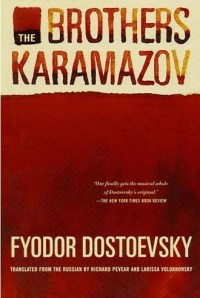
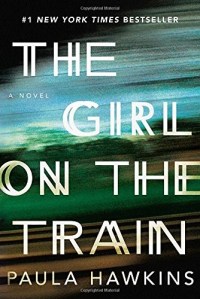
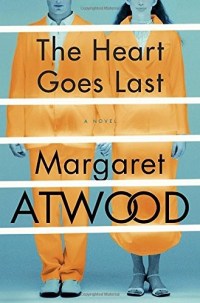
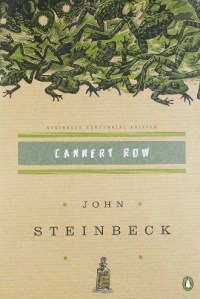
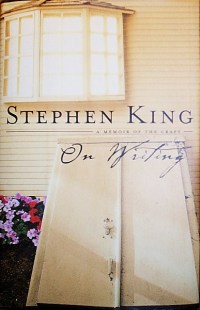
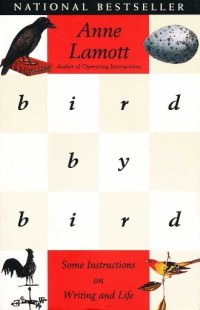
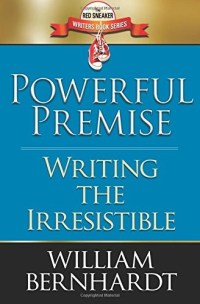
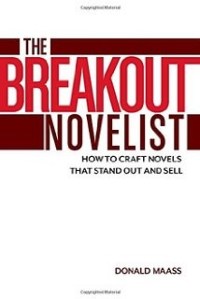
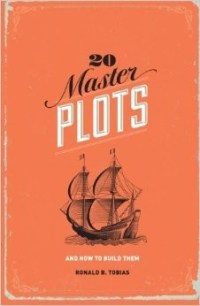
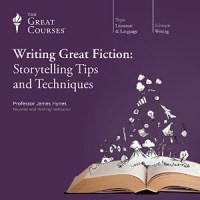


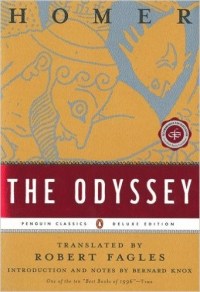
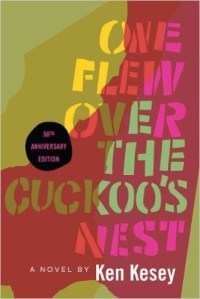
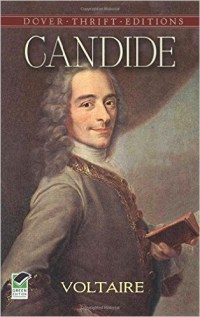
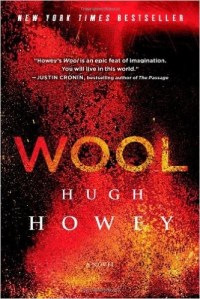
Wow, Matt, that’s quite a list. Thanks for sharing. You and Noel (Mak) are two of the most prolific readers I’ve ever met. Happy New Year. 🙂
LikeLiked by 1 person
It was actually fun to remember them all. Took longer than I thought it would. Maybe that’s why I haven’t gotten more writing done. 🙂
LikeLiked by 1 person
Well, I was going to ask how your book was coming along, but backed spaced. 😀
LikeLiked by 1 person
I’ve had two or three solid false starts. Better each time. Maybe if I’d chosen a simpler premise. Can’t help myself.
LikeLiked by 2 people
I’m thinking it will be well worth the wait, no doubt. A fine wine takes time.
LikeLiked by 1 person
Bad wines take the same amount of time, LOL
LikeLiked by 1 person
LOL
LikeLike
Impressed doesn’t even begin to describe your list. My list is all sci-fi, and I think it’d take me a year alone to read Ulysses. Your plug is warmly received, and glad it brought a smile.
LikeLiked by 1 person
Yeah, it brought a smile. It actually influenced some of my current book idea as well. Peripheral, but it adds a lot of zest to the viewpoint. Your use of language was stellar — sort of Paine-esque if you’d take that as a compliment. I would. 🙂
LikeLiked by 1 person
Bastard! I was shooting for Paley!
LikeLiked by 1 person
Well, there’s the trouble – I’ve never read Paley directly. I’ll have to plead ignorance there. Paine was the same era though, so I’m going to assume you nailed it. 🙂
LikeLiked by 1 person
LOL, fair enough 🙂
LikeLiked by 1 person
Great list, Matt! Many of these are on my “to-read” list, as well. My wife got me John’s book for Christmas, and I’m looking forward to starting it.
I read On Writing a number of years ago and loved it. I keep meaning to come back to it, but haven’t done so yet. And The Age of Reason is one of my all-time favorites. Thomas Paine is my personal hero.
Hope you guys are doing well!
LikeLiked by 2 people
Hey Nate, glad you’re gonna read John’s book. It was fun in a darkish way. 🙂
Paine made me feel… Stupid. It took soooo much info to convince me. Paine lived before all that and basically said “yeah, if you actually read this, it doesn’t make sense”.
Smarter than me by a decade or two on the IQ scale. 😉
LikeLiked by 2 people
Yep! That is exactly how I felt!
LikeLiked by 1 person
What I find extremely ironic, Matt and Nate, is that ‘Tom Paine,” who posts on Colorstorm’s fundamentalist site, uses Tom Paine as an avatar and maintains that Paine supported Christianity!
LikeLiked by 2 people
LOL, well, don’t forget that Jesus was a gun loving capitalist conservative republican too.
LikeLiked by 1 person
LikeLiked by 3 people
Hahaha
LikeLike
That’s not PhotoShopped either, that’s a real product – and the scary thought is, that somewhere, some little boy likely got one of those for Christmas! And we wonder where our future serial killers will come from —
LikeLiked by 2 people
Citizen Tom is a delusional monsoon
LikeLiked by 1 person
“Citizen Tom,” of course! I got it wrong. Thanks for clearing that up, John. While I agree with you, you must admit he’s brighter than Colorstorm!
LikeLike
You got it right, he uses Paine’s picture… and he’s about as bright as that supermassive black hole in the center of our galaxy 🙂
LikeLike
While I agree with you, you must admit he’s brighter than Colorstorm!
LikeLike
Colourstorm doesn’t quite fit into any category. He’s just weird… although he is a wonderful advertisement for why no one should be an evangelical.
LikeLiked by 1 person
I have yet to make his acquaintance. I suppose I’m looking forward to it in an odd way.
LikeLike
Oh, you’ll love him!
LikeLiked by 1 person
I find him a wonderful advertisement for post-natal abortion.
LikeLiked by 2 people
Here’re some more:
LikeLiked by 1 person
A long time ago, I read Bird by Bird. A really cool book. And educational as well. 😉
I have to agree with Nate about Thomas Paine. He had the right idea.
LikeLiked by 1 person
Your list is quite inspiring. Maybe I should do the same about my modest reading list.
LikeLiked by 1 person
I found it mentally refreshing. Probably will make a list and review every year.
LikeLike
LikeLiked by 1 person